proteinuria
Advertisement
Joel Topf caught up with James Tumlin at NKF SCM25 to talk about Dr. Tumlin's late-breaking abstract on sparsentan in FSGS.
One-year results of the AFFINITY trial of atrasentan to treat proteinuria among patients with IgAN were presented at SCM25.
Research compared the effects of sparsentan and irbesartan on proteinuria remission in focal segmental glomerulosclerosis.
Do changes in UPCR during severe AKI episodes affect how serum creatinine levels change at the time of sample collection?
Interim APPLAUSE-IgAN data showed that iptacopan was superior to placebo at reducing proteinuria at nine months.
Zigakibart for treatment of IgA nephropathy (IgAN) was well tolerated, reduced proteinuria, and stabilized eGFR at 76 weeks.
Even when levels are below the current KDIGO threshold, proteinuria in IgAN indicates a risk of kidney failure.
SGLT2i are associated with a significant reduction of proteinuria, especially for patients with higher BMI.
According to a study, published in ESMO Open, no biomarkers have been validated for predicting efficacy outcomes in ...
Patients with hospitalized with COVID-19 frequently develop acute kidney injury (AKI) and may require renal replacement ...
Proteinuria is known as independent risk factor for cardiovascular disease in kidney transplant recipients. However, ...
Achieving complete or partial remission of proteinuria is associated with better long-term outcomes in patients with ...
A study sought to discern whether reductions in proteinuria following treatment for focal segmental glomerulosclerosis ...
A study sought to discern surrogate endpoints that could serve as robust predictors of treatment efficacy on long-term ...
A study shows that sustained proteinuria is a strong predictor for the rate of progression of renal disease, and ...
The SARS-CoV-2 virus is responsible for COVID-19, a disease that, despite predominant respiratory manifestations, has a ...
C-peptide, a marker of beta cell reserve, is associated with complications in patients with type 2 diabetes mellitus. ...
The Cure Glomerulopathy Network (CureGN) is a multi-center, prospective, observational study of patients with primary ...
Risk of ESRD in Living Kidney Donors by Donor-Recipient Relationship and Across Varied Racial Groups
A key component in the evaluation of live kidney donor candidates is the risk factor of subsequent kidney failure in the ...The Kidney Disease Screening and Awareness Program (KDSAP), working to increase early detection and improve awareness of ...
Advertisement



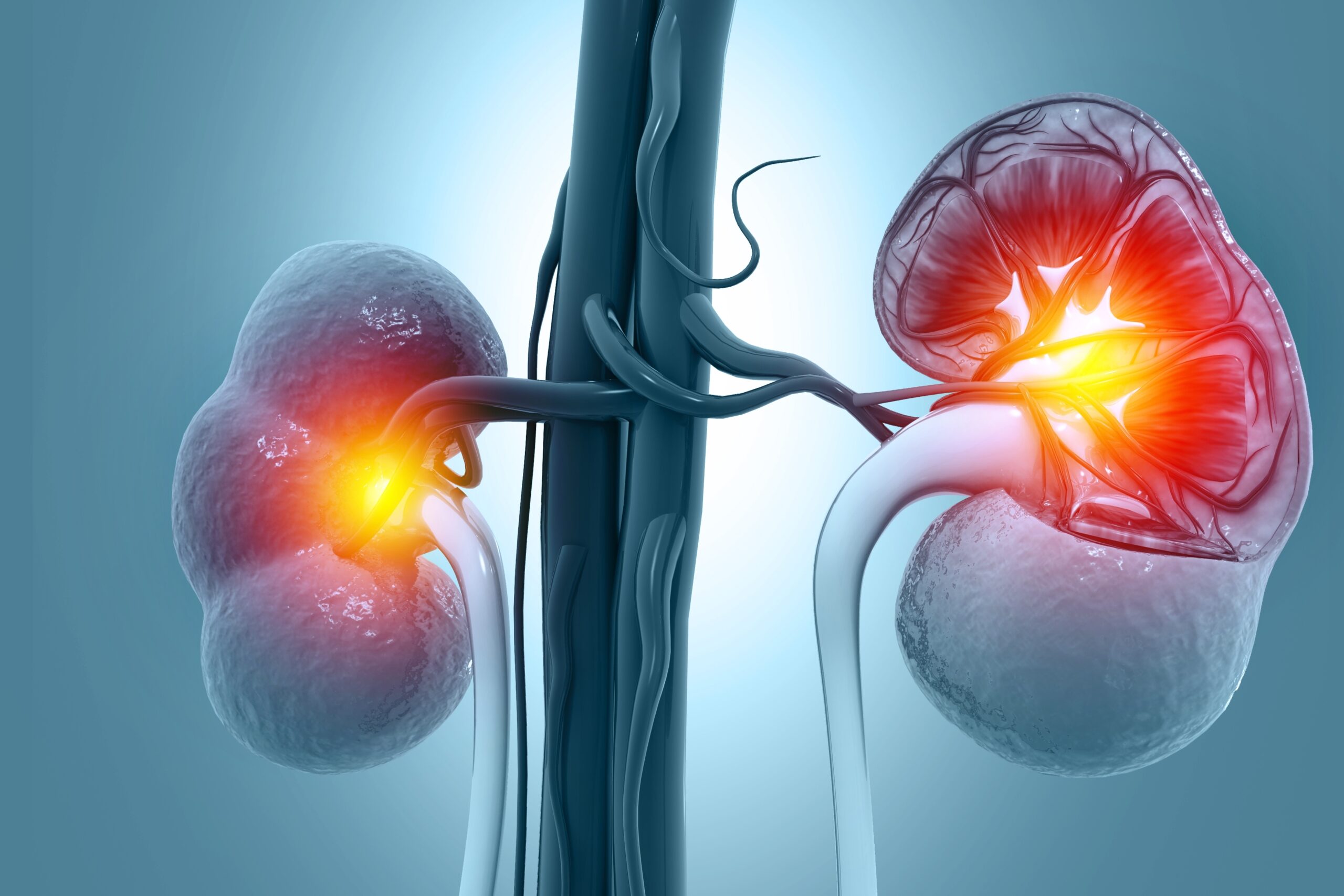
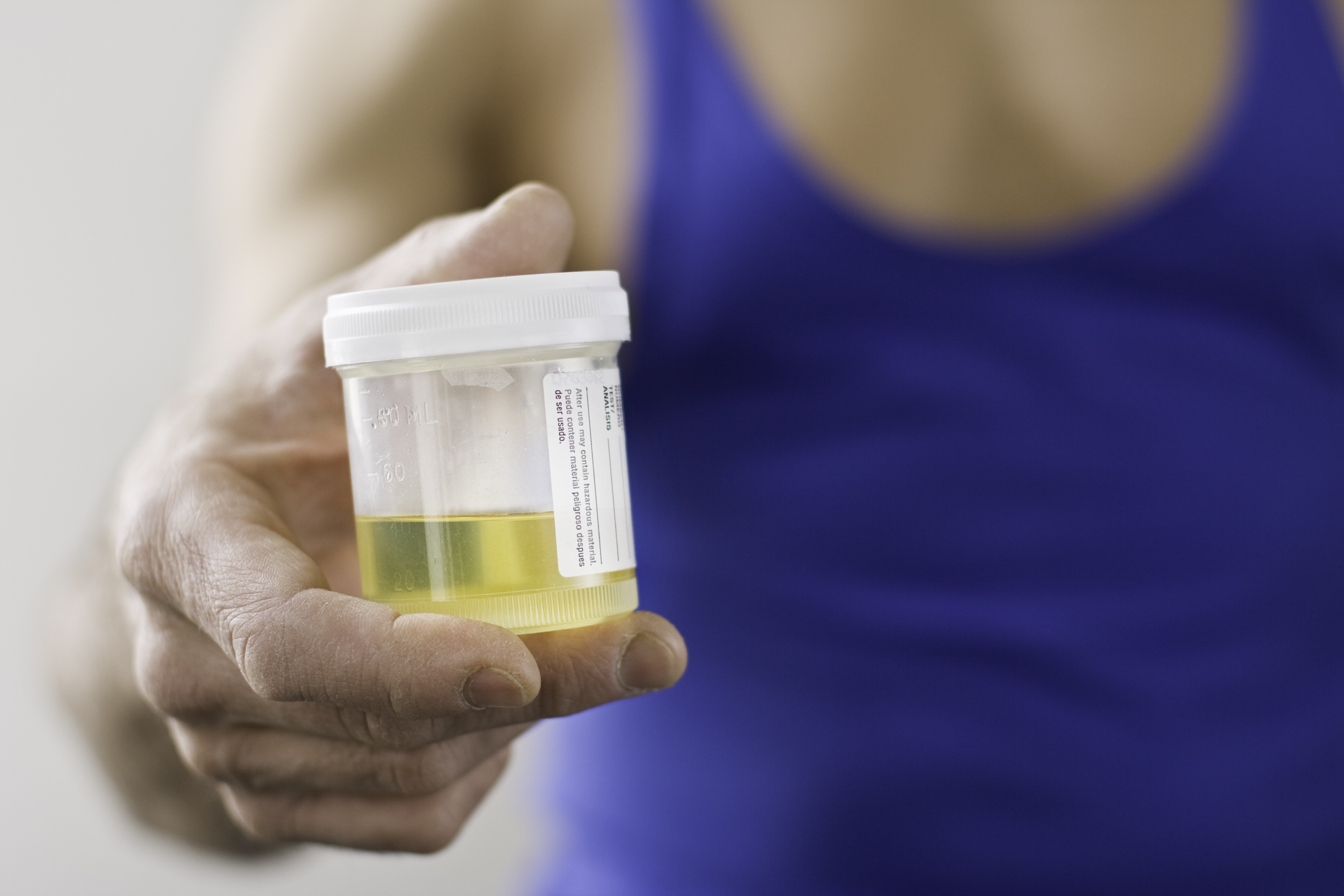
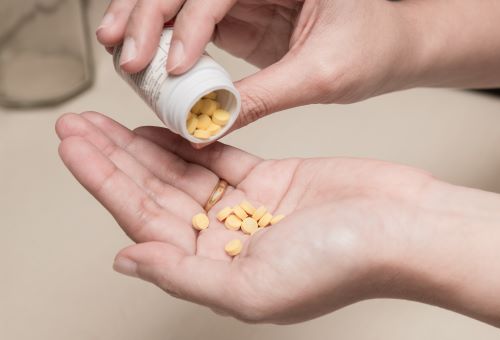

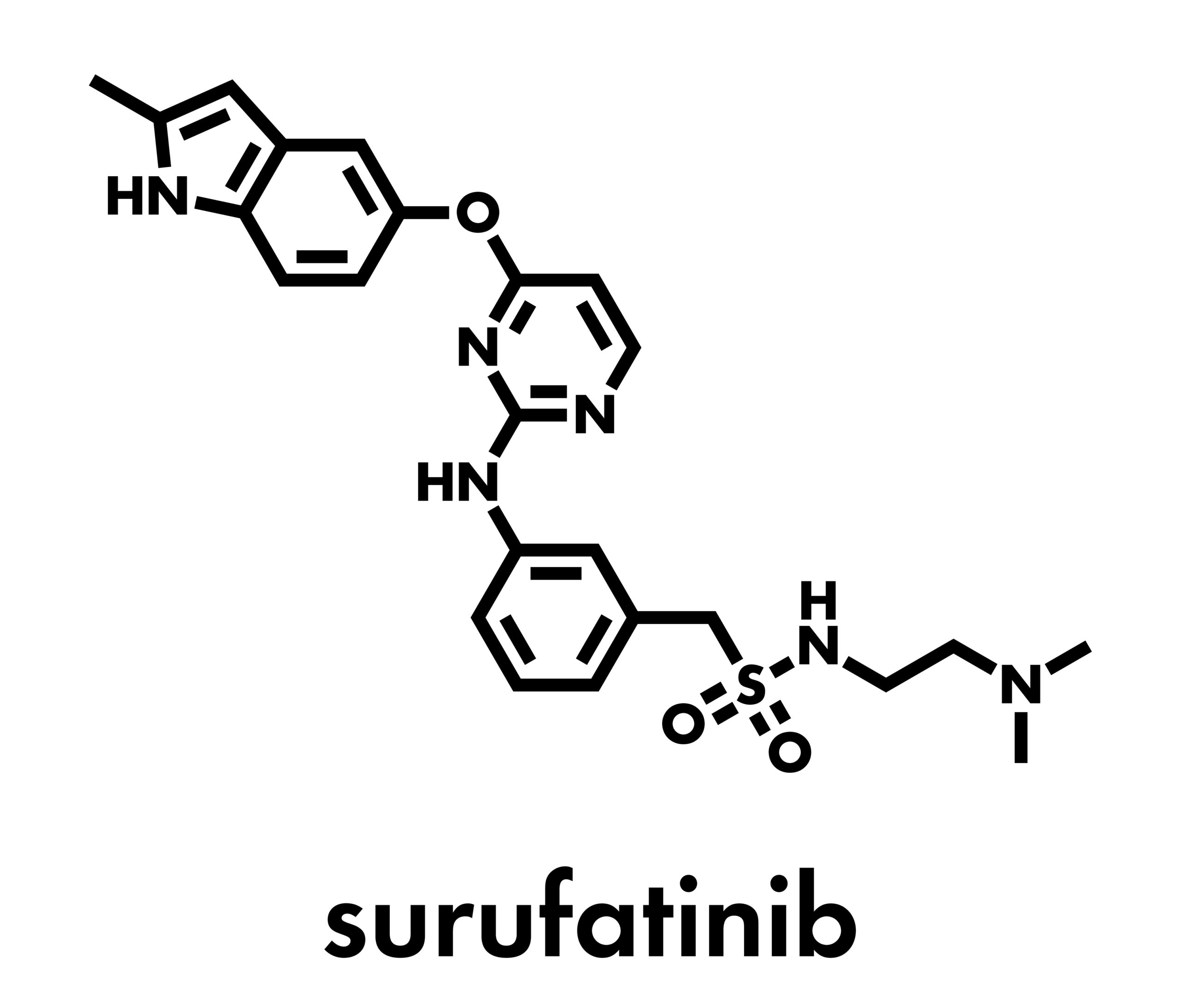

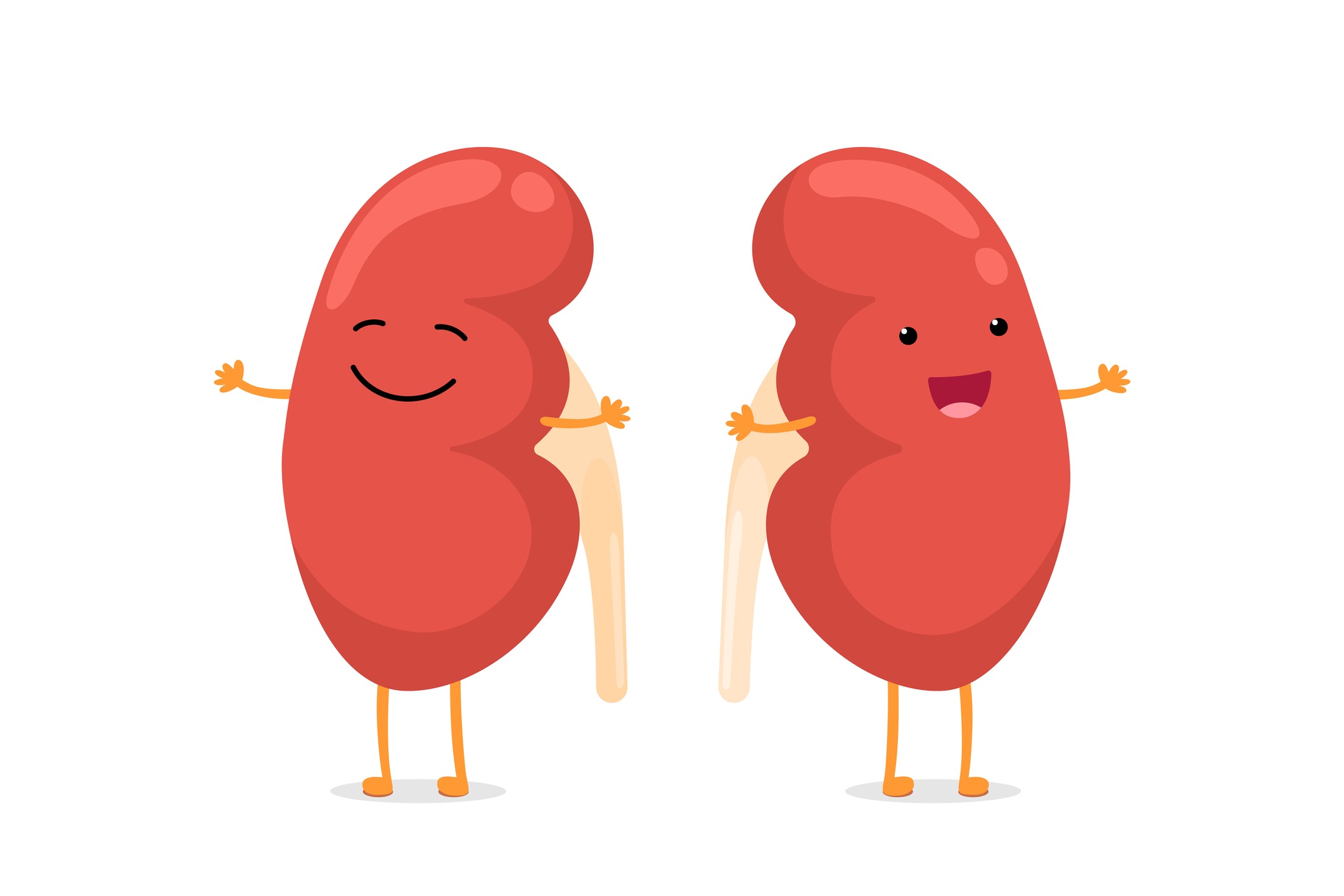
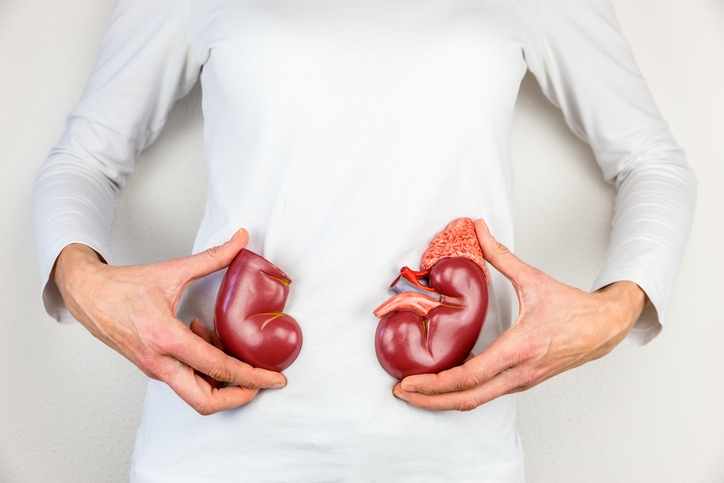
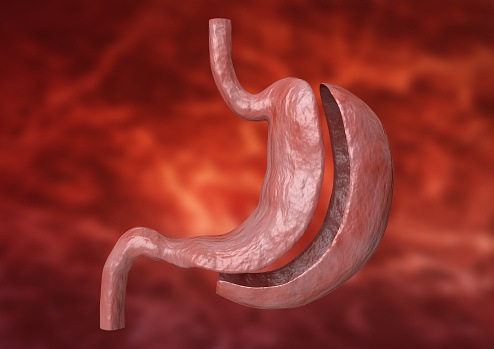
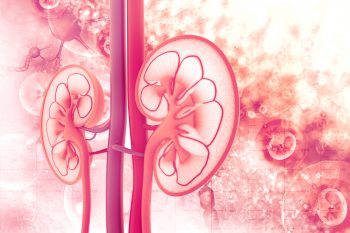
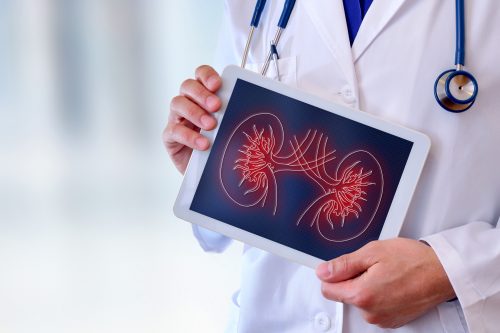






 © 2025 Mashup Media, LLC, a Formedics Property. All Rights Reserved.
© 2025 Mashup Media, LLC, a Formedics Property. All Rights Reserved.